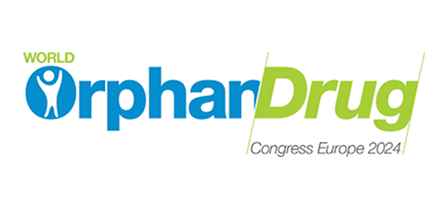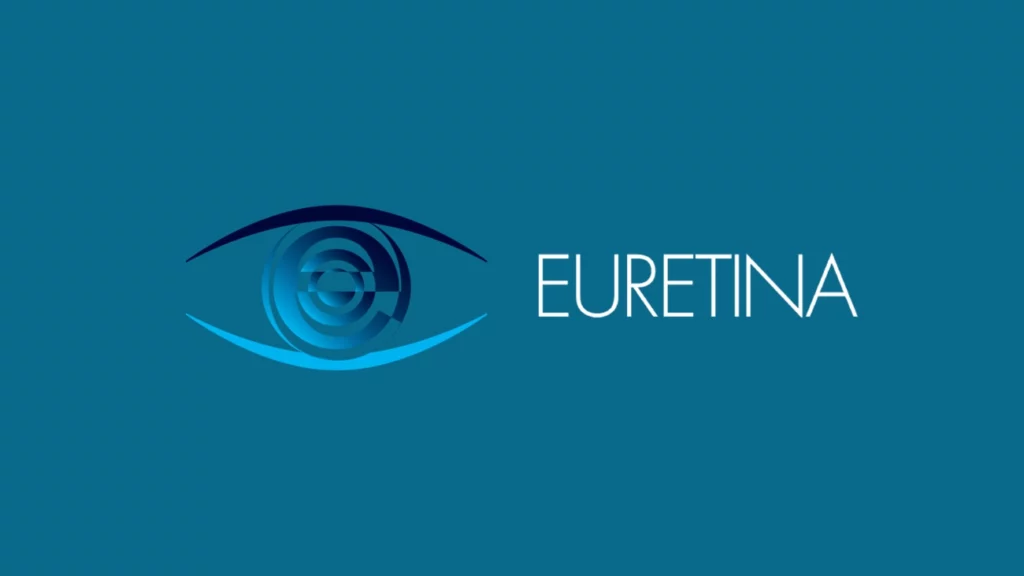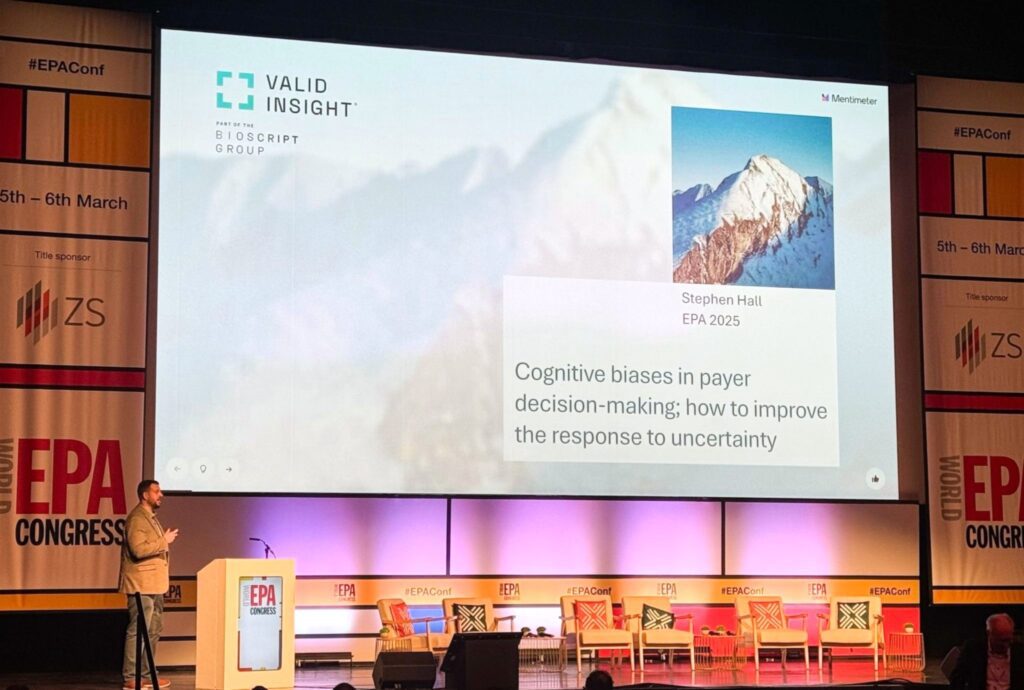Filter By

World EPA 2025
Visit Valid Insight at World EPA 2025, Amsterdam, 5-6 Mar at Booth 84 or join our sessions: 'Cognitive Biases in Payer Decision-making’ and ‘Aligning Industry Ambitions with Payer Realities in Contracting'.

ISPOR Europe 2024
Valid Insight will be at ISPOR. Drop by Booth 928; view our poster, ‘Psychological Aspects of Payer Decision-Making in Healthcare’. We’re eager to discuss this and how we can assist with your strategies.

World Orphan Drug Congress
We will be exhibiting at the World Orphan Drug Congress in October 2024, sharing strategies to overcome access challenges for rare diseases and orphan drugs. Visit us at Booth 111.

EURETINA 2024
Valid Insight will attend EURETINA to gather insights and strengthen our expertise in retinal diseases, including AMD, DME, RVO, RP, and more. Connect with Patricia Buchholz.


